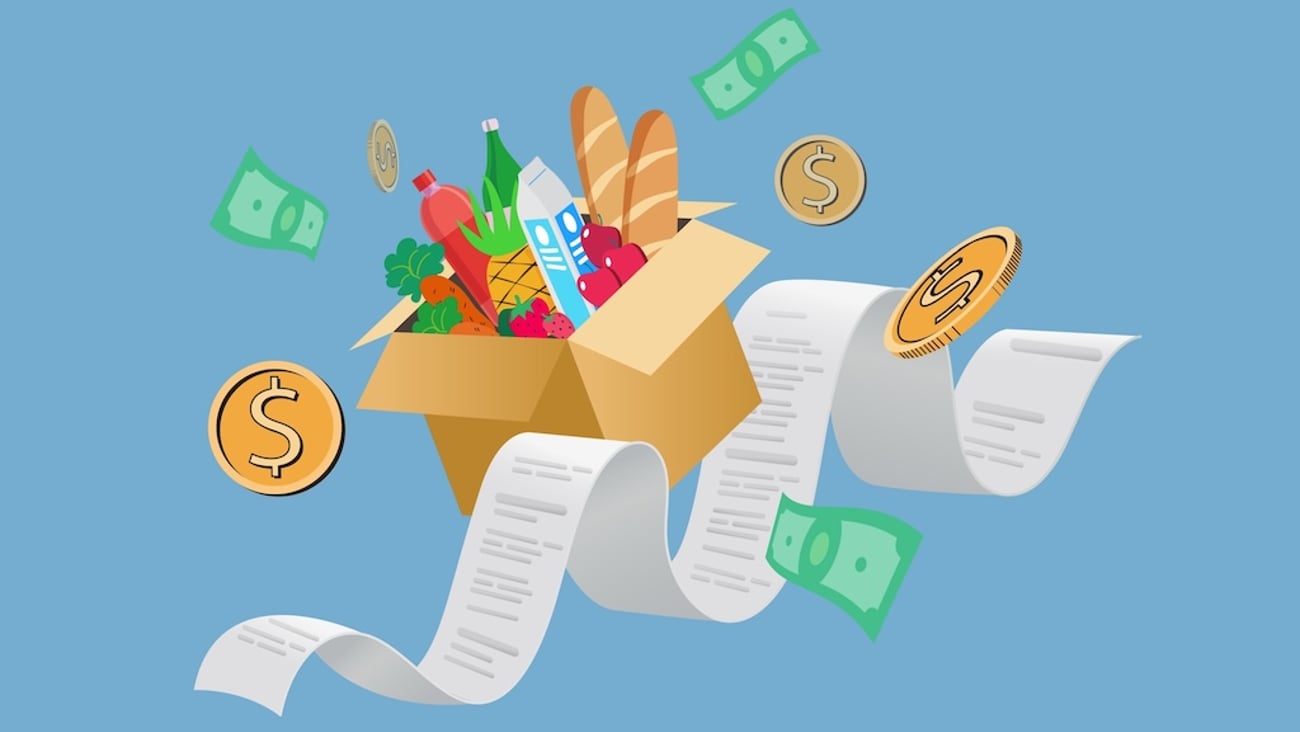A lower food inflation rate alone won't help our food industry's trust crisis
Food inflation in Canada has dropped to 5.9%, a nearly 1% decline since August. On the surface, this may seem like a reason to celebrate, with grocery trips becoming somewhat less burdensome on our wallets. However, the pressing question remains: do Canadians genuinely believe the data released by Statistics Canada?
A quick glance at social media commentary reveals the skepticism that Canadians harbour toward the numbers churned out by Ottawa. Trust seems to be at an all-time low, and many rely on their gut feelings rather than official statistics. Even though the data indicates that food inflation is at its lowest since January 2022, the gap between general inflation and food inflation has shrunk to 2.1%, and several food items have become more affordable, Canadians remain unconvinced.
Interestingly, Canada boasts the second-lowest food inflation rate among G7 countries, trailing only the United States at 3.7%. But it appears that no matter how reassuring these statistics might be, Canadians want none of it.
READ: Confusion over drivers of food inflation creating consumer distrust of grocers
Skepticism and cynicism now dominate public sentiment toward the food industry, and it's not hard to see why. Recent events, such as the legal disputes between major players Metro, Loblaw and Weston, only serve to exacerbate the public's distrust. Metro has taken legal action against Loblaw and Weston, claiming they "falsely implicated" the company in a price-fixing conspiracy regarding bread. The situation allegedly took place for 14 years between 2011 and 2015, yet the Competition Bureau's investigation, which began in 2015, is still ongoing. While one company, Canada Bread, admitted guilt and paid a substantial fine this summer, the infighting between grocers continues. This ongoing turmoil harms the industry's image and further erodes consumer trust.
Against this backdrop, the Canadian Centre for Food Integrity released its annual public trust report, a survey designed to gauge Canadians' trust in the Canadian food industry. While the report addresses critical issues like inflation, food affordability, and sustainable industry practices, it overlooks pressing concerns affecting public trust today. Notably, it says nothing about perceived profiteering, persistent farm waste especially in dairy, trust in data provided by Statistics Canada, or potential collusion within the industry. This omission is unfortunate, as these issues are central to rebuilding public trust.
There is currently no concrete evidence of grocers, manufacturers or other industry players profiteering. Nevertheless, 82% of Canadians believe that profiteering is somehow associated with rising food prices, according to a recent survey. This perception poses a significant challenge that the industry must address promptly.
READ: Millennial, gen Z grocery shopping habits change as cost of living increases
Trust in the sector is fragile, and it is essential that every stakeholder, from government bodies to industry leaders, work diligently to rebuild it.
Ottawa's efforts to stabilize food prices by encouraging grocers to lower prices are commendable, but the real issue at hand is trust. The food industry can no longer take Canadians' trust for granted. Rebuilding trust will require transparent communication, greater accountability, and a commitment to addressing the public's concerns, whether they relate to perceived profiteering, farm waste, trust in data sources or potential industry collusion.
It's time for the food industry to not only deliver quality products but also to prove that it deserves the trust of Canadian consumers. Food inflation might be on the decline, but restoring faith in the industry is the true measure of success.





